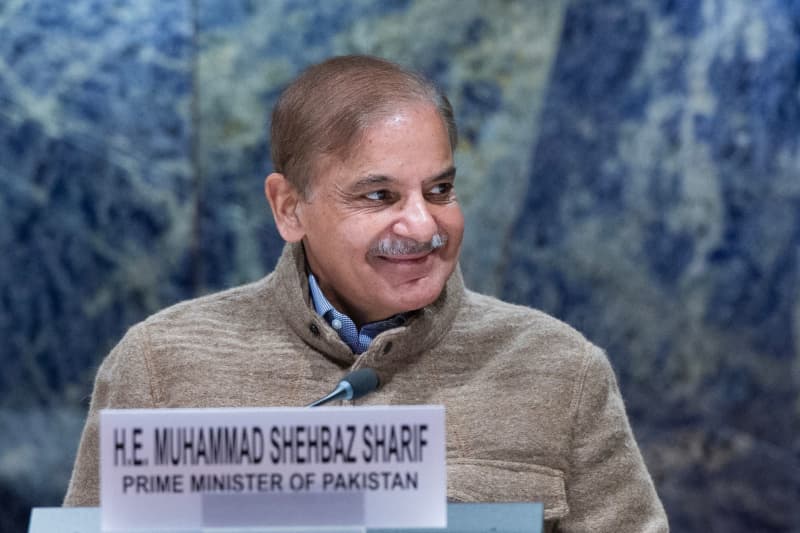Pakistan is preparing to host a crucial two-day regional summit, marking a significant diplomatic effort amid ongoing security challenges. The 23rd summit of the Shanghai Cooperation Organization (SCO) is set to commence on Tuesday, with the primary focus on issues surrounding regional cooperation, trade, and financial integrity among member states. The SCO, which was founded by Russia, China, and other nations to tackle security concerns, serves as a platform for member countries to strengthen their ties against a backdrop of geopolitical tensions in the region. This summit is seen as vital, especially considering the historical context of security concerns that have previously thwarted such gatherings in Pakistan.
The summit will see participation from high-profile leaders, including seven prime ministers, with notable attendance from Pakistan’s long-time ally, China, as well as the foreign minister of India, Pakistan’s adversary. Pakistani Prime Minister Shehbaz Sharif is scheduled to chair the Council of the Heads of Government (CHG) session and is expected to engage in bilateral discussions with regional leaders on the sidelines. However, there are minimal expectations for direct talks between representatives from Pakistan and India, reflecting the longstanding tensions between the two nations. The composition of attendees highlights the importance of the summit in fostering dialogue and cooperation amid complex regional dynamics.
As preparations for the summit unfold, security measures have been intensified across Islamabad, reflecting the fragile state of security in the country. More than 10,000 personnel from police, paramilitary forces, and the army have been mobilized to ensure the safety of the event, highlighting the seriousness of the situation. Additionally, in response to the heightened security concerns, markets and schools have been closed for three days in the capital, indicating the scale of the operation and the authorities’ commitment to safeguarding participants. These arrangements underscore the ongoing threats posed by various militant and separatist groups operating in the region.
Recent violence further complicates the security landscape in which the summit is taking place. Earlier this month, the Baloch Liberation Army (BLA), a banned separatist group, perpetrated a heinous attack that resulted in the deaths of two Chinese engineers in Karachi, followed by another attack that killed 20 miners. These incidents point to a rise in violence that has sparked fears of instability and the potential for further attacks, particularly during high-stakes events like the SCO summit. The Pakistani government faces a formidable challenge in balancing the need for security while hosting international dignitaries and discussing pressing regional issues.
In a worrying sign of the security risks, a separate incident on Monday resulted in the deaths of at least five militants who attempted to attack a police headquarters in Bannu district of Khyber Pakhtunkhwa. This type of violence not only poses an immediate threat to law enforcement and civilian safety but also raises questions about the effectiveness of security measures in place during crucial diplomatic events. Such incidents can overshadow the objectives of the summit, particularly in fostering regional cooperation and addressing shared concerns among member states.
As Pakistan embarks on hosting this significant regional summit, the juxtaposition of diplomatic engagement against a backdrop of security challenges illustrates the complexities facing the nation. The SCO summit represents an opportunity for Pakistan to strengthen its ties with regional powers and foster collaborative efforts to address mutual security threats, economic cooperation, and developmental goals. However, the prevailing security situation underscores the delicate balance that must be maintained to ensure the summit’s success while addressing the ongoing issues of violence and instability that can impede progress and cooperation in the region.

